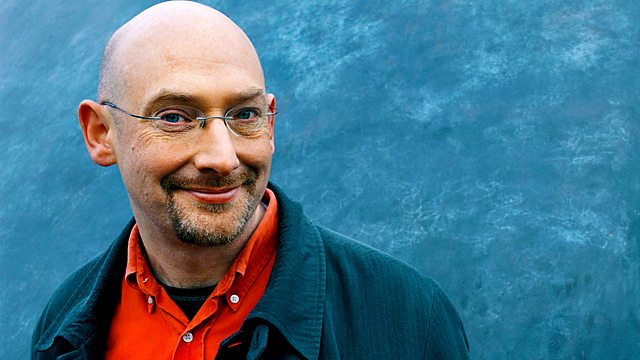06/06/2013
Quentin Cooper is at the Cheltenham Science Festival where crystallography, viruses, FameLab and forensic fiction are all on the agenda.
Professor Elspeth Garman commemorates a century since the publication of an idea that made discovering protein structures possible: The Bragg Equation. She takes us from the Braggs' father-and-son discovery of x-ray crystallography and publication of the structure of table salt in 1913, to the cutting-edge work happening in her lab at Oxford University. Her team's past projects have included determining the structure of the N9 part of influenza viruses, which was used to develop antiviral drugs. She explains how this work and cryogenically cooling proteins to preserve them inside the Diamond Light Source synchrotron are where crystallography is heading.
How can we better understand and perhaps control the spread of drug-resistant HIV? Dr Katrina Lythgoe, an evolutionary epidemiologist from Imperial College London and L'Oreal-UNESCO For Women In Science fellow, recently published work in the journal Proceedings of the Royal Academy B that suggests HIV may evolve more slowly in a population of humans that it does in an individual person.
FameLab, started in the UK in 2005, and is now a world-leading science communication competition. To-date, more than 5000 young scientists and engineers from over 20 countries have participated so far. Lyubov Kostova, Public Communications Manager at the British Council in Bulgaria and Timandra Harkness - writer, performer and FameLab stalwart - discuss why the model is so successful.
Author Ann Cleeves's crime novel Shetland features a surprising character from real life: Dr James Grieve, a senior forensic pathologist at the University of Aberdeen. Ann and James discuss whether media portrayals of crime reflect the real-life people and real-life science involved.
The producers were Jen Whyntie and Ania Lichtarowicz.


